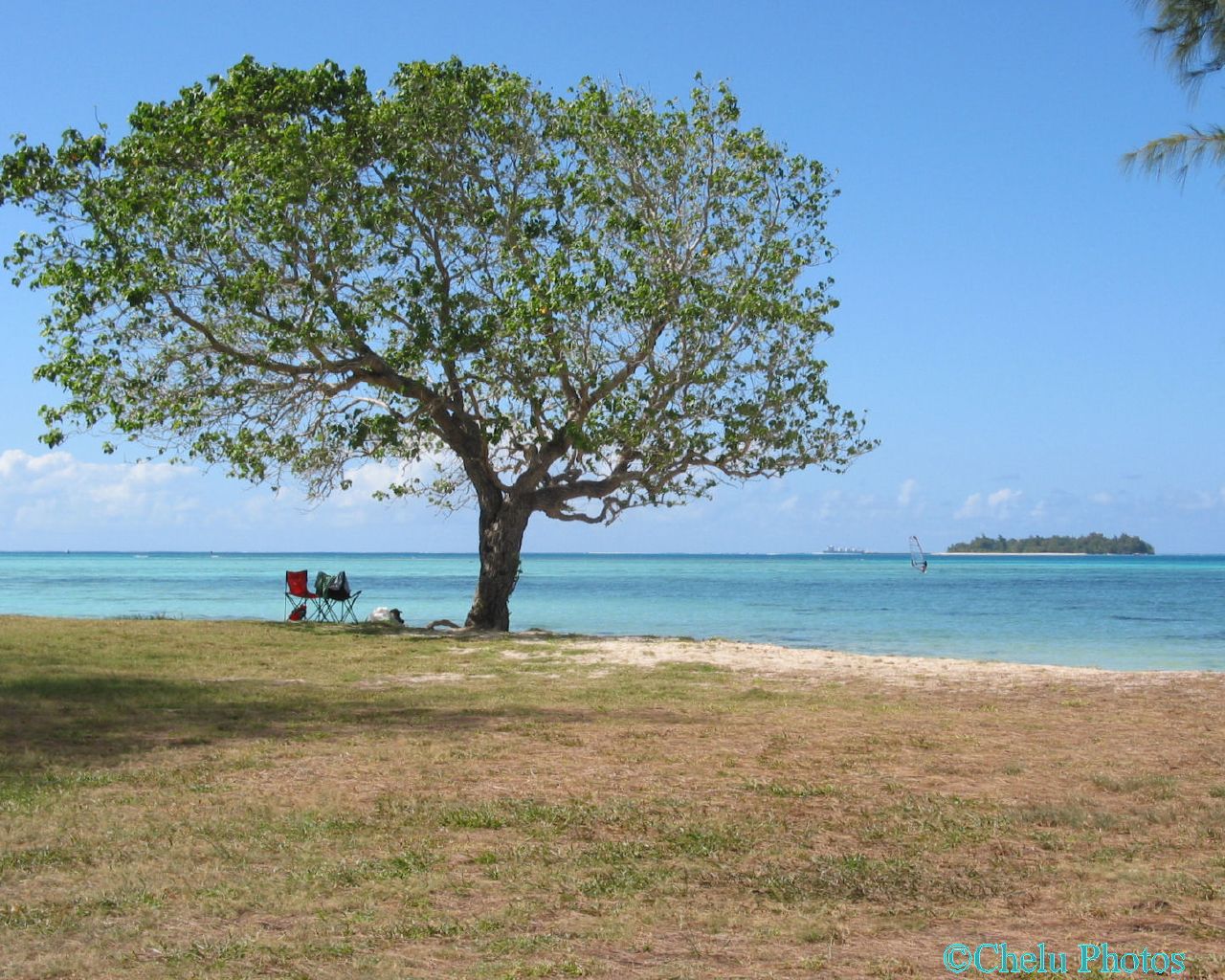
Today we passed through the Coral Sea. Approaching the hallowed waters where the USS Lexington lay in peaceful rest, several shipmates in dress uniform are assembled to pay honor to departed Sailors at the fantail. Sixty five years ago at approximately the same time and location, the USS Lexington (CV-2) fought the battle that would go down in US Naval Aviation History. This battle helped turned the tide of World War II. It was the first US Navy battle fought where both adversaries didn’t see each other. The battle was fought with airplanes, bombs and torpedoes. US Naval Aviation was forged by this battle; The Battle of the Coral Sea. It is one of the reasons why the United States has more than a handful of Aircraft Carriers in its arsenal of warships.
This is besides my point to this blog though. In these waters lay 312 Sailors who sacrificed their lives during the war. We are here to honor them. Rarely does a US Navy ship steam through these waters but because of the coincidental time of our location. The USS Kitty Hawk took the special privilege to render honors. I am deeply moved by the fact that I am onboard and taking part of this honored event. I am intrigued with WWII history and the great patriots that sacrificed their lives. I guess being raised by someone that went through the Japanese era, WWII, then American era; I got taught early on to respect the flag and looked up to the American way of life (freedom, democracy and pursuit of happiness).
I was raised by my grandmother’s sister in Saipan. She was educated under the Japanese system and survived WWII. After the war she worked for the US Navy Govt. I grew up listening to stories during the Japanese administration, Japanese occupation and the US-Japanese War on Saipan. She was in her 20s during the administration and by wartime she was in her 30s. Never did she have anything against the Japanese nor showed indifference about what happened when war hit our islands. I enjoyed the stories she told me and on occasions she would share stories with my friends sleeping overnight in our small house.
The most remembered story I had was of how she had been in a cave with her family for over 2 days and not had a drop of water. On the second night it started raining and didn’t end until about before dawn. My Aunt and her Auntie Acha crawled out the cave to go looking for water. It was dark that night and both felt their way around the jungle trying to find water. Finally, she found a coconut shell with water in it. She shared it with her auntie. On the way back to the cave, she noticed looking out to towards the ocean facing the Philippine Sea, that there were ships all over. Navy Ships as far as the horizon. She said never in her life would she think that the Americans were that powerful. She told me other stories of Marines bringing food and water into the caves where they hid before everyone started getting assembled at Camp Chalan Kanoa. She talked of how tall and boisterous these Americans were.
I guess all those stories paid off because after high school I enlisted in the US Navy. Twenty plus years later I am onboard a United States Aircraft Carrier at a historic place paying respect to those who gave up their lives for us. I am deeply moved because I have this honor of serving the United States Navy. It is my way of saying “Si Yuus Maase” to those Sailors who were a part of ensuring the lives that we live today. What lives would we have now? I for one might not be here right now because my mother was born on July 4th 1944. The Americans ensured the safety of our people from start to finish. Up until now we still remain under care of the Americans. We have been educated, transformed and liberated in our lives. Most of us probably don’t even think about all those that died during the invasion of Saipan. Do we honestly take the time during Memorial Day or Liberation Day to even say a prayer for those Soldiers, Sailors, Marines and Airmen who sacrificed their lives for our freedom now? It is easy for people to say that it was wrong for America to be in the War it is in now. Lest we forget what happened to all those Chamorros that were put in labor camps, the tortures, the killings before and during the war. Freedom is not free. We are free to talk against our govt but yet there is a price that someone has to pay. It is those Service men and women who sacrifice that get to pay the real price of your freedom. I am here and intend to keep paying the price of your freedom. Rest assured I am doing my best to payback the sacrifice due to those sacrificed souls on our soil. What about you? Are you teaching your kids to be good patriots? Are you encouraging your young, able bodied friends and family to do something for your country? What are you doing now to ensure the freedom of our islands?


